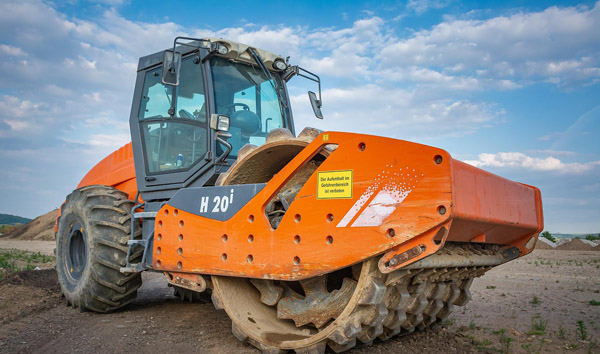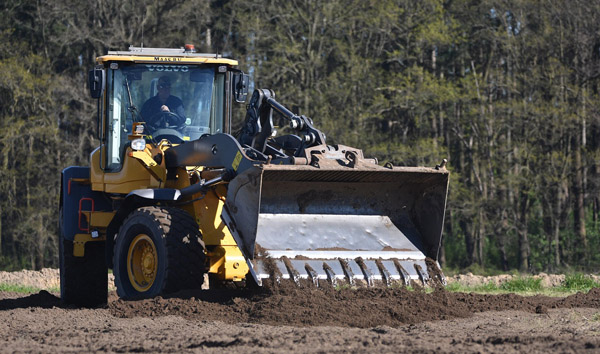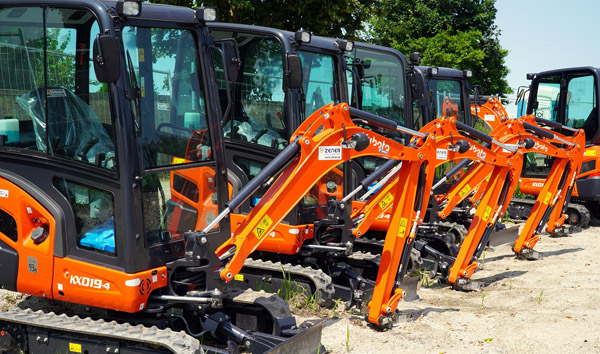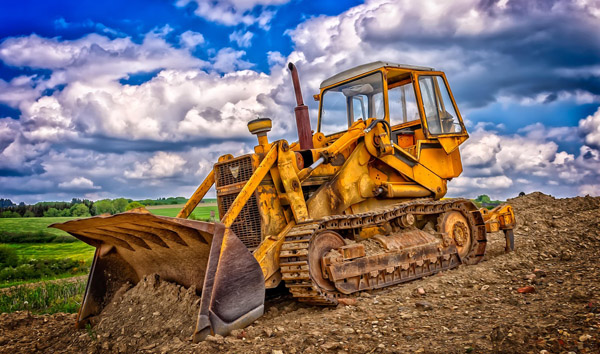Navigating the Complexities of Rough Terrain Forklift Procurement Bidding
2025-07-20 03:15:30
The procurement of Rough Terrain Forklifts involves a meticulous bidding process tailored to meet the demands of uneven and rugged landscapes. These specialized machines are essential for industries like construction, agriculture, and mining, where standard forklifts fail to perform. Bidding for such equipment requires a thorough evaluation of specifications, durability, and operational capabilities. Companies must assess load capacities, engine power, and tire configurations to ensure optimal performance in harsh conditions.
A key consideration in rough terrain forklift procurement bidding is compliance with industry standards and safety regulations. Bidders must demonstrate adherence to OSHA and ANSI guidelines, ensuring that the equipment meets rigorous operational and environmental benchmarks. Additionally, suppliers should provide detailed maintenance plans and warranty terms, as downtime in rugged environments can lead to significant project delays. Evaluating these factors helps procurement teams select vendors capable of delivering reliable, long-term solutions.
Cost-effectiveness plays a pivotal role in the rough terrain forklift bidding process. While initial purchase prices are important, total cost of ownership (TCO) must be analyzed, factoring in fuel efficiency, repair costs, and resale value. Advanced telematics and IoT-enabled forklifts can offer predictive maintenance insights, reducing unexpected breakdowns. Procurement teams should prioritize bids that balance upfront expenses with long-term operational savings, ensuring sustainable investments.
Supplier reputation and after-sales support are critical in rough terrain forklift procurement bidding. Vendors with proven track records in delivering durable equipment for challenging terrains should be prioritized. Case studies and client testimonials can provide valuable insights into real-world performance. Furthermore, responsive customer service and readily available spare parts are indispensable for minimizing operational disruptions in remote or demanding job sites.
Finally, sustainability is becoming a decisive factor in rough terrain forklift procurement. Bidders offering electric or hybrid models with lower emissions gain a competitive edge, especially as environmental regulations tighten. Companies should evaluate the ecological impact of their purchases, aligning with corporate sustainability goals. By integrating green technology into their fleets, businesses can enhance efficiency while reducing their carbon footprint in rugged operational environments.














